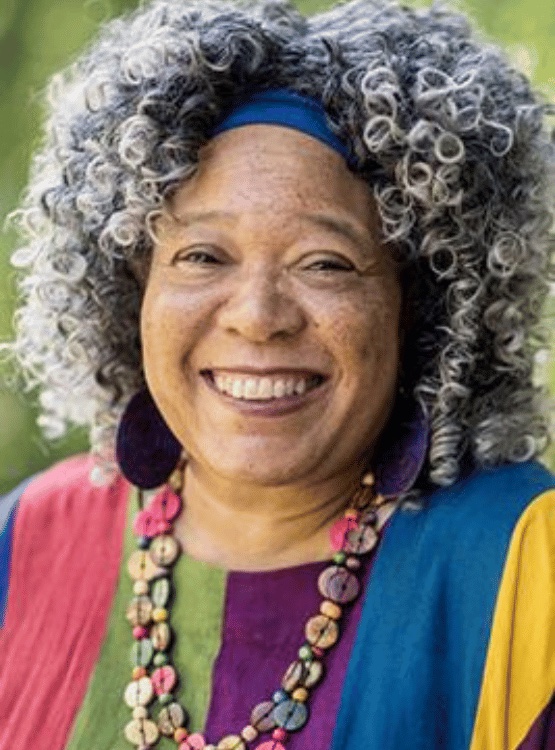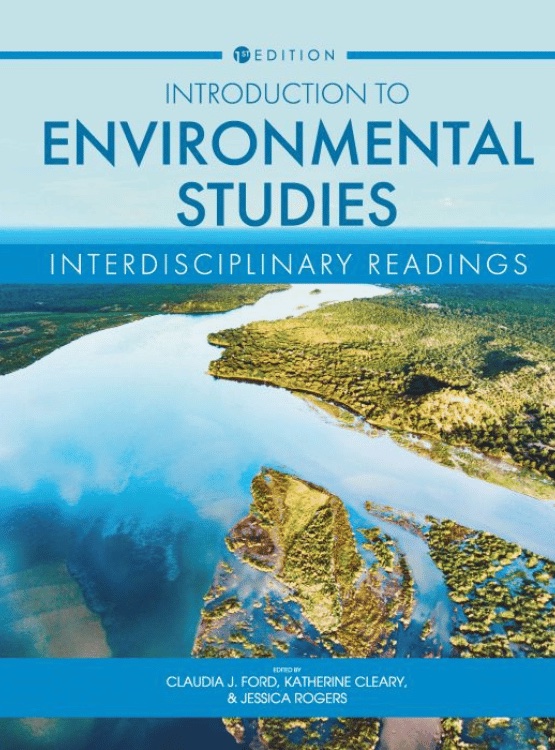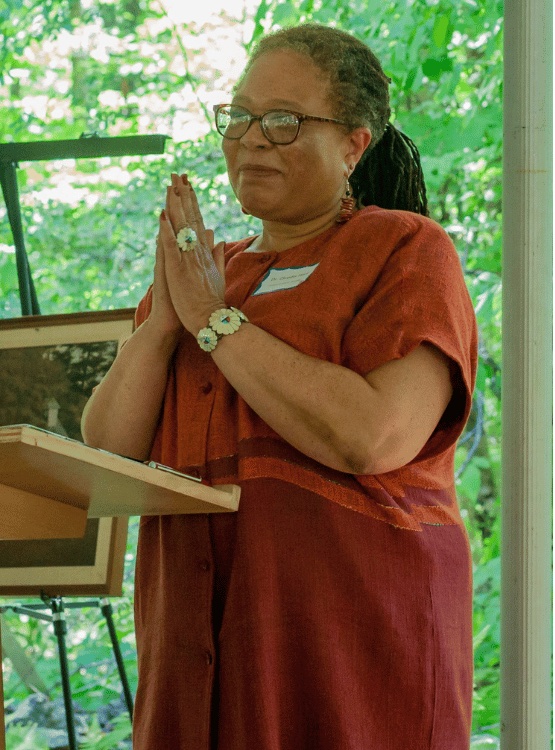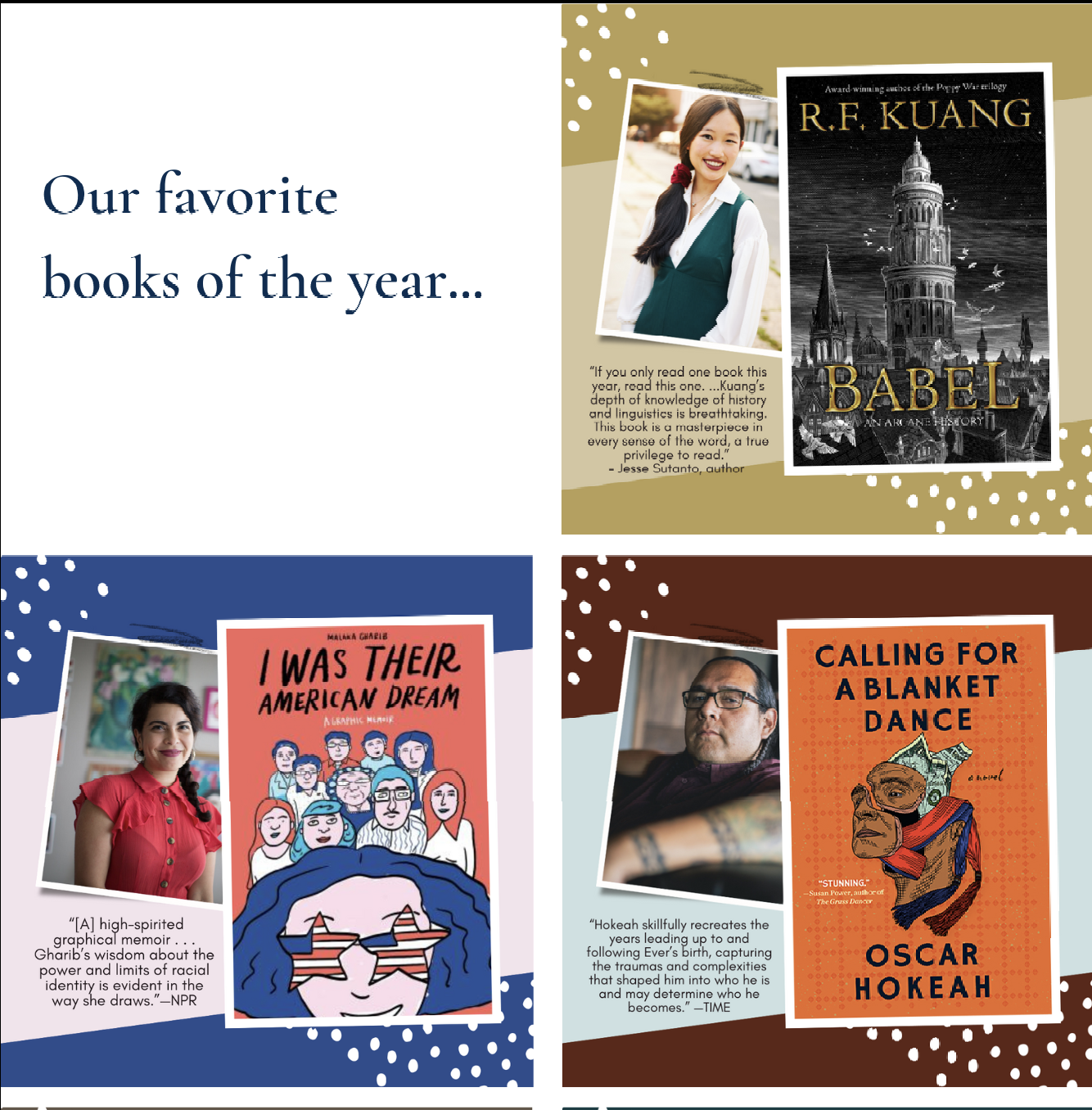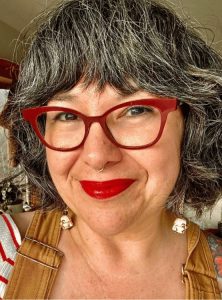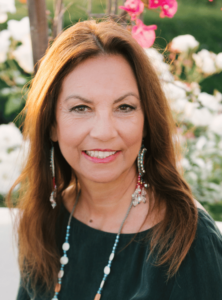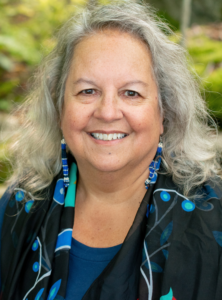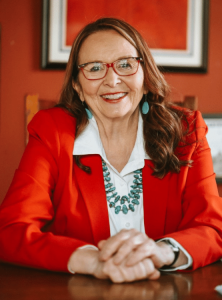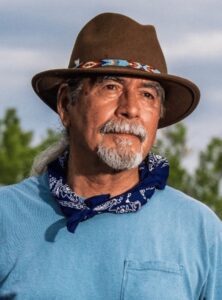Dr. Claudia J. Ford is a professor of Environmental Studies at State University of New York, Potsdam, a Fellow of the Panel on Planetary Thinking at Justus Liebig University, Giessen, Germany, a Fulbright Scholar, a SUNY PRODiG Faculty, and a Research Professor and Distinguished Visiting Faculty at the University at Buffalo. Claudia began her career as a midwife and international women’s health specialist spanning four decades and all continents. Claudia is the author of a memoir and co-author of the text, Introduction to Environmental Studies. Claudia’s essays and articles have appeared in Art Review Oxford, Journal of the American Herbalists Guild, Journal of Global Ethics, Journal for the Study of Radicalism, Legacy, Manual, Orion Magazine, and the Journal of Theory in Action. Her new book project is funded by a research grant from the Kalliopeia Foundation, entitled, Grandmother Epistemology: Ecology, Culture, Spirit; revealing African American environmental wisdom and traditions for the purpose of planetary healing at this time of environmental crisis.
